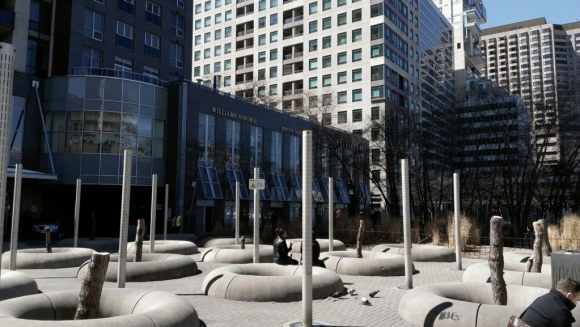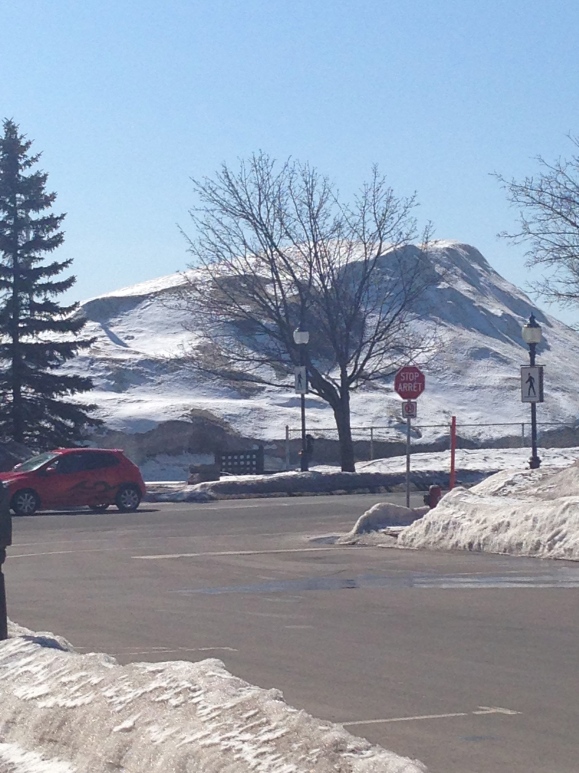The hole in the heart of this fair city is about to be filled. The question is: with what?
That 11-acre scar between Highfield and Cameron Streets along great Main now stands as a testament to either a promise fulfilled or a promise broken.
It is, in fact, astonishing how inured we can become to ugliness, lassitude and dereliction. Harder still to calculate are the imaginings of civic pride in the absence of something to behold: a structure to regard, an edifice of iron, concrete and glass to observe.
Still, that will be for later.
For now, Moncton City Council has voted (8-3) to dream and to dream big. Barring acts of God, Parliament and the winds of economic fortune, a multi-use sports and entertainment facility will rise in the urban centre sometime within the next three years.
This has been a long time coming – at least seven years, and likely more. That’s nearly a decade of studies, economic impact analyses, debates, arguments, public consultations, and more debates.
It is only human nature that makes us cool, over time, to something we once burned to have when we were younger, braver and less complacent. And so we now witness a sizeable chunk of Metro Moncton’s populace wondering whether any of this was worth the wait.
It’s a fair question. After all, what does $100-million buy these days?
Will the final product be a fancy, extraordinarily expensive hockey arena? Or will it be a true cultural space, where sporting events shake hands with ballet companies, theatrical tours and musical concerts?
Will it be a monolithic, concrete gulag that incarcerates its patrons with foggy front doors, rotten fast food, and more parking space than anyone has a right to expect in a city that’s less than half the size of Oshawa, Ontario?
Or will it be an elegant, nuanced commons for athletes, artists, performers, and prestidigitators of all stripes and fashions? Will it be a place to gather and ruminate and appreciate just how marvellous civic life in the public square can be when thought transforms both the form and function of everyday life into art and sport and, finally, durable memory.
Imagine walking downtown, years from now, in a blizzard and finding, instead of an empty lot, a place to warm your ears as the convivial roar of a practice hockey game fills an arena while a final, public dress rehearsal of the Atlantic Ballet Company concludes to stupendous applause.
This thing we’ve conjured over the years – this mythical centre, now made manifest – is less a state of bricks and mortar than it is a state of mind. It becomes anything we choose; anything we want to make of it.
The economic effects of a facility like this are, frankly, inarguable. Managed intelligently, it will pay for itself within 15 years of its door opening. After that, it will return millions of dollars in tax revenues to the metropolitan area, year after year, generating untold direct and indirect economic benefits.
But more than this, far more than this, it will anchor a beautiful little city’s spirit to itself. It will mend the tear in the fabric of a community that should never have considered its downtown area – where 18,000 office workers ply their trades and skills and, in high season, 50,000 tourists gambol for fun and profit – irrelevant, a vast parking lot, a hole that can’t be filled.
Then again, what sort of facility will we erect to repudiate this claim? What is the promise?
And will it be broken?





